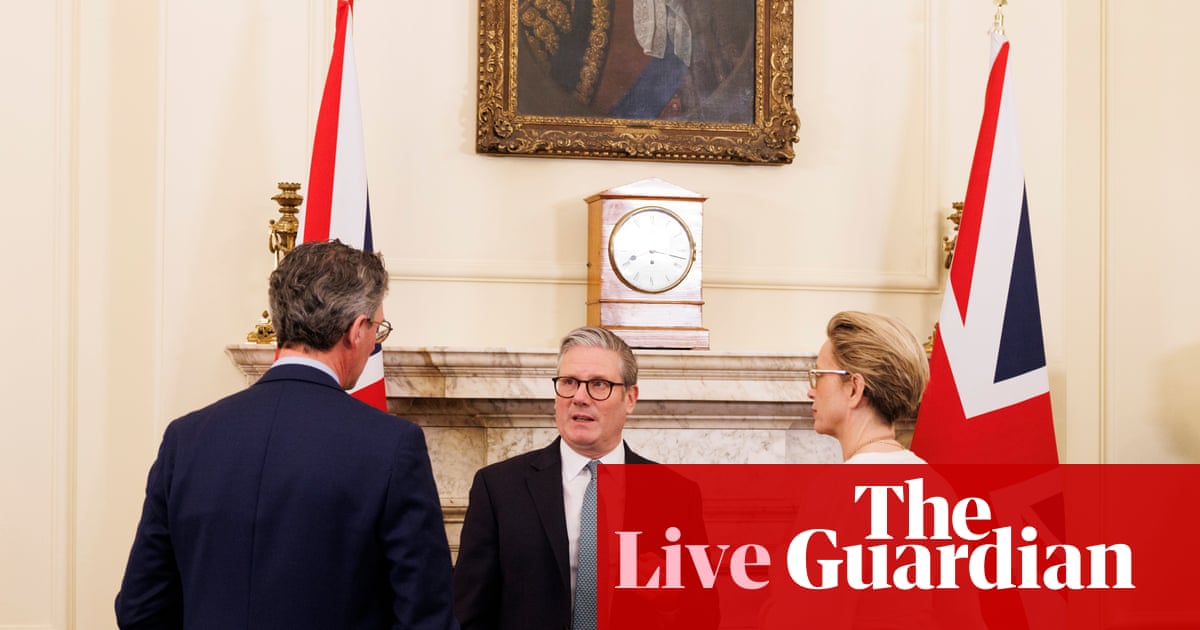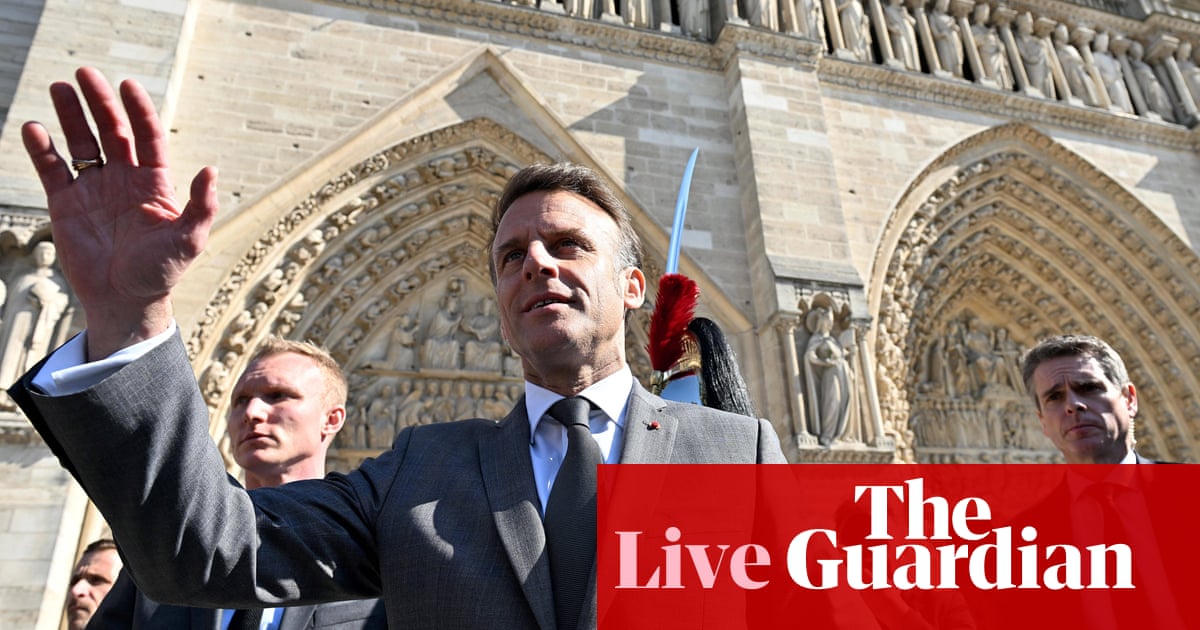
US banks predict climate goals will fail – but air conditioning firms will thrive
The world is on track for disastrous global heating – but this will create profits for some air conditioning companies, according to forecasts by leading Wall Street financial institutions.
Recent reports by Morgan Stanley, JPMorgan Chase and the Institute of International Finance all make clear the finance sector considers the Paris climate agreement limiting global temperatures, signed a decade ago by nearly 200 nations, is effectively dead and investors should plan accordingly.
“We now expect a 3C world,” states a March analysis by Morgan Stanley. This level of global heating above preindustrial times is well beyond the 2C limit agreed to by governments and would lead to catastrophic heatwaves, floods, economic strife and other upheavals.
The Morgan Stanley investor research forecasts, though, that multiplying heatwaves will provide a windfall for companies that provide air conditioning, and that the global market could grow by 41% to be worth $331bn by the end of this decade. The analysis outlines several dozen air conditioning businesses around the world that are likely to profit from a hotter world.
“Progress on climate change is likely to fall short of net-zero targets,” the report states. “We expect cooling – critical to human health and productivity in many climates – to be a potent long-term growth theme.”
The skepticism of top Wall Street firms over climate targets is shared by many other analysts, including at the United Nations, who have predicted that the Paris goals are wildly off-track due to persistently high greenhouse gas emissions.
The parlous trajectory of the climate crisis has been underscored by the return of Donald Trump as US president. Trump has called climate change “a giant hoax”, withdrawn the US from the Paris treaty and set about dismantling environmental rules designed to limit harmful pollution.
Banks, too, have shown signs they are scaling back their climate concerns. Since December, the six biggest US banks – JPMorgan Chase, Bank of America, Citigroup, Wells Fargo, Morgan Stanley and Goldman Sachs – have all quit a group called the Net-Zero Banking Alliance, which sets responsible banking practices to meet climate goals.
“We are clearly seeing a broad retreat on climate from the finance sector,” said Paddy McCully, senior analyst at Reclaim Finance, a group that pushes financial firms to act on the climate crisis.
“It is to a very large extent being influenced by Trump and his agenda of accelerating climate change, although also due to banks using Trumpism as an excuse to roll back commitments that they had never actually intended to keep.”
Morgan Stanley’s investor research on air conditioning is “mind numbingly cynical”, McCully said. “Especially as it comes just months after they first weakened their decarbonization targets and then quit the Net Zero Banking Alliance.”
Morgan Stanley’s report does acknowledge that surging deployment of air conditioning, primarily in wealthier countries, is not a panacea in a hotter world. If powered by fossil fuels, air conditioning use itself causes more planet-heating emissions that will further raise global temperatures.
“Morgan Stanley Research does not provide firm views, we assess evidence provided by experts such as those developed by the scientific community,” said Stephen Byrd, global head of sustainability research at Morgan Stanley.
after newsletter promotion
“I would not characterize our view being that ‘climate change brings many upsides’. I would instead suggest that we will see large volumes of capital deployed to mitigate the impacts of climate change, and cooling (among other products, such as smart power grids) would be one such category of increased capital allocation.”
As the world warps from higher temperatures, some businesses have eyed opportunities such as shipping routes through a previously ice-bound Arctic Ocean. This motivation, as well as the valuable minerals being exposed for mining as ice retreats, is thought to be part of Trump’s rationale for wanting to annex Greenland.
“This is a bit like saying the quiet part out loud,” said Gernot Wagner, a climate economist at Columbia Business School, about the banks’ forecasts. Wagner said that there is “lots of greenhushing”, the opposite of greenwashing, now occurring among corporations.
“Indeed, the world won’t stay below 1.5C of warming, largely because we’re already there,” Wagner said of the Paris deal’s most ambitious stretch target. Last year was the first individual year, globally, to top 1.5C of heating.
“And yes, that means that climate risks will get worse before they get better,” he said. “That much is clear. In part, that means investment opportunities that wouldn’t have materialized without climate change.”










